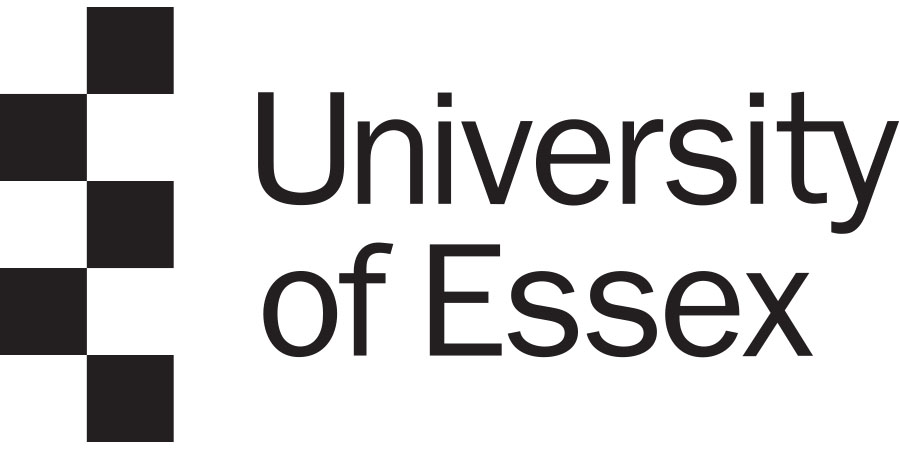PhD Studentship: Towards a Praxis of a Just Transition in Developing Economies: Beyond Counter Accounts and Regulatory Frameworks to Action
University of Essex - Business / Law
| Qualification Type: | PhD |
|---|---|
| Location: | Colchester |
| Funding for: | UK Students, Self-funded Students |
| Funding amount: | Living costs stipend at the UK Research and Innovation recommended level per year. The stipend for 2024-25 is £19,237. The rate for 2025-26 TBA. |
| Hours: | Full Time |
| Placed On: | 21st November 2024 |
|---|---|
| Closes: | 7th February 2025 |
| Reference: | 11361 Business_Law October 2025 |
Project Overview
Climate change risk is unevenly borne globally by the more vulnerable, principally from developing economies. This inequality gives prominence to the notion of a ‘just transition’. However, the emergence of the concept of a ‘just transition’ in relation to developing economies has continued to attract discourses that challenge the dominant discourses of the Global North which are arguably based on existing dominant structures (e.g., capitalism, economic growth, technology, politics). Central to discourses challenging the status quo or incremental change, is the need for a deliberate and concerted adoption of transformative approaches to achieve a just transition. Similarly, legal frameworks, including human rights and sustainability principles, strive to create ‘just’ responses, yet the gap towards achieving a just transition appears to be widening. Consequently, this study will explore those (conflicting) perspectives from key stakeholders and relevant legal frameworks to explore action-based alternatives for achieving a transformative just transition.
Interdisciplinary Focus and Methods
The collaboration between Essex Business School and Essex Law School will contribute to better understandings of the roles that dominant discourses and counter discourses play in constructing climate change problems and solutions, and how legal frameworks (including through human rights or environmental sustainability principles) serve as adequate interventions to address global challenges. Qualitative and legal doctrinal research methods will be adopted to gain in-depth insights into the way that relevant stakeholders frame just transitions in the context of developing economies.
Training and Support
You will be supported through the Sustainable Transitions training programme which provides initial training in interdisciplinary research methods, training in the secondary discipline within the project area and ongoing training throughout the duration of the programme. All doctoral scholars benefit from the support of Proficio which entitles you to £2,500 that can be used to purchase training courses either within or external to the University. Additionally Sustainable Transitions scholars are entitled to £10,000 that can be used to cover research costs and further training. Scholars are encouraged to audit masters and degree level course where appropriate. You will also have the support of the Sustainable Transitions management team, as well as your own supervisory team. All Sustainable Transitions scholars will become part of the University of Essex ‘Centre for Environment and Society’ through which ongoing events and networking opportunities are available.
Person Specification
This opportunity would suit a candidate with a degree/ background in sustainability, social and environmental accounting, corporate social responsibility, accountability, particularly with interests in climate change and qualitative research methodologies (e.g., in terms of theorisation, research design as well as data collection and analysis).
It is not necessary for the candidate to have prior training in environmental law and legal methodologies as this will be provided on the programme.
Research Proposal
The project area is broadly defined, leaving scope for the applicant to develop their own specific research proposal as part of the application. The successful candidate will further develop their proposal in close consultation with the supervisory team. Further details and guidance are available via the above ‘Apply’ button.
Advert information
Type / Role:
Subject Area(s):
Location(s):









